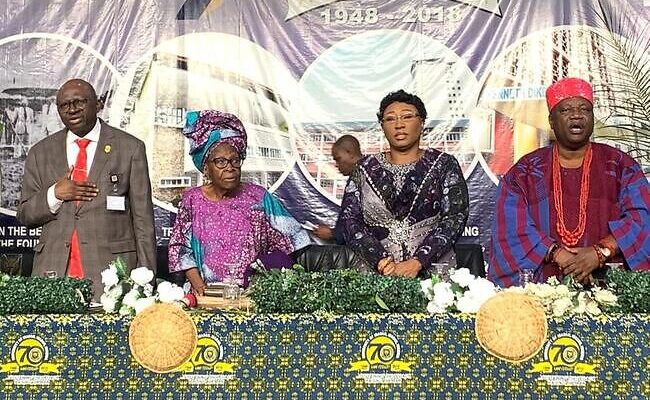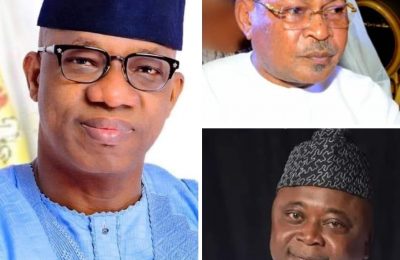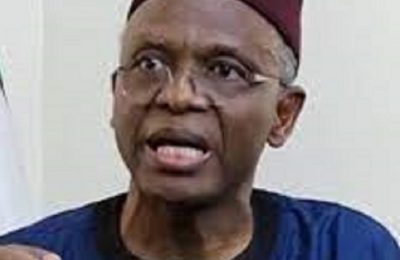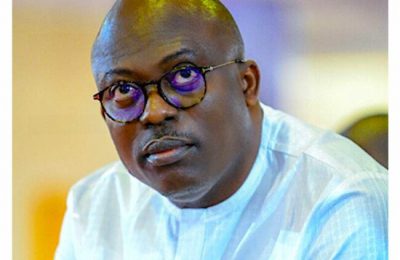
By Toyin Falola
The second day of the Bolanle Awe Conference offered an immersive academic learning environment to which all participants could testify. This conference is especially unique — not necessarily due to how it was planned, but more because of whom it was planned in honour of. Professor Bolanle Awe, having spent her active years in service not only to academic institutions but also to organizations in the development, policymaking, and activism fields, made it possible to regroup people from these various sectors at the conference. What this then resulted in was a blend of perspectives and approaches. Participants at the conference were not limited to historians and gender studies academics alone. We also had anthropologists, religious studies academics, directors of non-governmental development organizations, and feminist researchers, among others.

The first-panel session involved the presentation of papers across several fields, from historiography to historical trend-setting. In examining the processes and outcomes of managing beaded crown disputes in 19th-century Yorubaland through the colonial commissioners’ use of oral traditions, Professor Albert Olawale brought to our awareness, yet again, the authenticity of oral traditions in its several applications, even during a time when validity methodologies were not as solid as they are nowadays. Nonetheless, the disadvantages of relying on oral traditions must have also surfaced during this period and seeing as there were limited to no ways for the colonial managers to validate the traditions they were being supplied by the Ooni of Ife and some other rulers, the traditions adopted for settling disputes and passing judgments would have been more susceptible to untruths. This issue, among others, was what Prof. Olawale’s paper extrapolated.
Another critical point in the study of history, generally and especially the study of oral history, is the possibility that mythology is eventually passed for history — most often in cases of the founding of cities and new settlements, wars, and development. This issue is explored in the paper “Orality and Mythology: Reconstructing the Traditions of Origin of Ondo and Idanre.“ Using comparative analysis, the researcher looks into the orally recorded history of the founding of Ondo and Idanre, leveraging historical data, previous research, the historical ruling and leadership structures of these two cities, and the etymological components of the cities’ cognomens to postulate that what currently exists as Ondo’s history of origin is more of a myth, and also that Ondo’s origin is most likely tied to Idanre than Oyo. The paper is a timely contribution to the sparse existing body of work on Eastern Yorubaland.
Prof. Akinwumi leveraged oral history methodologies to explore the history of clothes in the Ero and Egba centenary celebrations, bringing to the fore the significance of dress mode and the specificity of the making of these ceremonial clothes used to mark the Owo Ero eldership graduation. Interestingly. Prof. Akinwumi’s work on the Ero Owo celebration costume has helped bring some substantial information on an aspect of the Egba people’s material culture that has little to no research.
Another big highlight of the conference was the “Revisiting Gender Discourses Plenary Session,“ chaired by Professor Salami-Agunloye, where three seasoned female professors presented papers centred around gender and women’s studies. Professor Oduwole’s paper highlighted the need for an evolution in our gender studies and gender-related law and policymaking commensurate to our evolutions in other aspects of human society and existence, like technology and medicine.
Professor Olademo also explored how Yoruba history has presented women across several centuries. Women’s existence, influence, and contributions have always formed a part of the Yoruba people, and although there have been recorded women’shistory, as in the case of Moremi, the recorded Yoruba women’shistory is not proportional to the contributions and influence of Yoruba women on the overall Yoruba society — its evolution, development, and history.
In the same vein, Professor Sotunsa traced gendered themes and tropes in African historical texts, with a special focus on Yoruba history, to bring to the fore how women have been historically represented — majorly because the writers of history, especially history, are men, and therefore there has been a gross misrepresentation of women through history. Professor Sotunsa’s work is not only a tracing of the representation across history, but it also brings into perspective why the works of the earliest African women historians like Professor Bolanle Awe are legendary, as they served as the groundbreaking research into women’s history being reported from women’s perspectives.
The takeaways from the Bolanle Awe at 90 Conference exceed what has been captured in this 2-part series — a claim that participants physically and virtually will also attest to. Once again, I am excited by these papers’ sheer depth and vastness as we go into the research completion and update, final submission, and editing phases. I am also sure that the participants have received insightful comments that will influence the completion and update phase.
Through this conference, the convening team and the secretariat have successfully achieved what we set out to achieve; and even though we might be limited in the adopted papers for the final conference book, there is no denying that all the papers have explored salient points in academia and are substantial contributions to the existing body of work across several fields of study. On that note, I thank all the participants and those who were otherwise represented. You made this conference a success and joined us — even in these trying times — in celebrating a matriarch worthy of the honour. Thank you, and God bless you.







